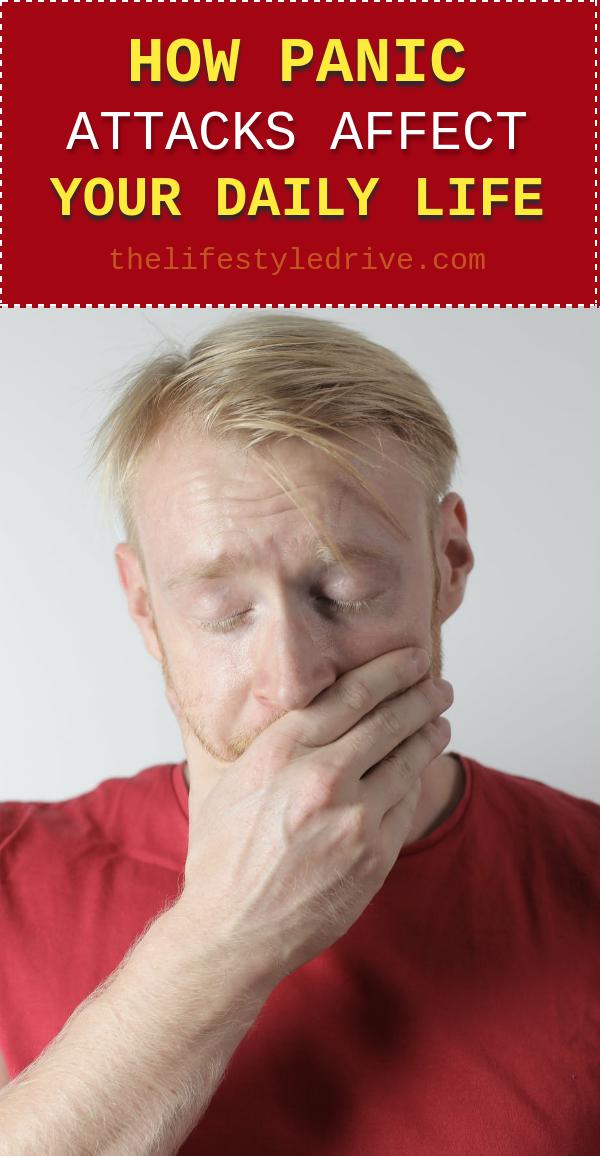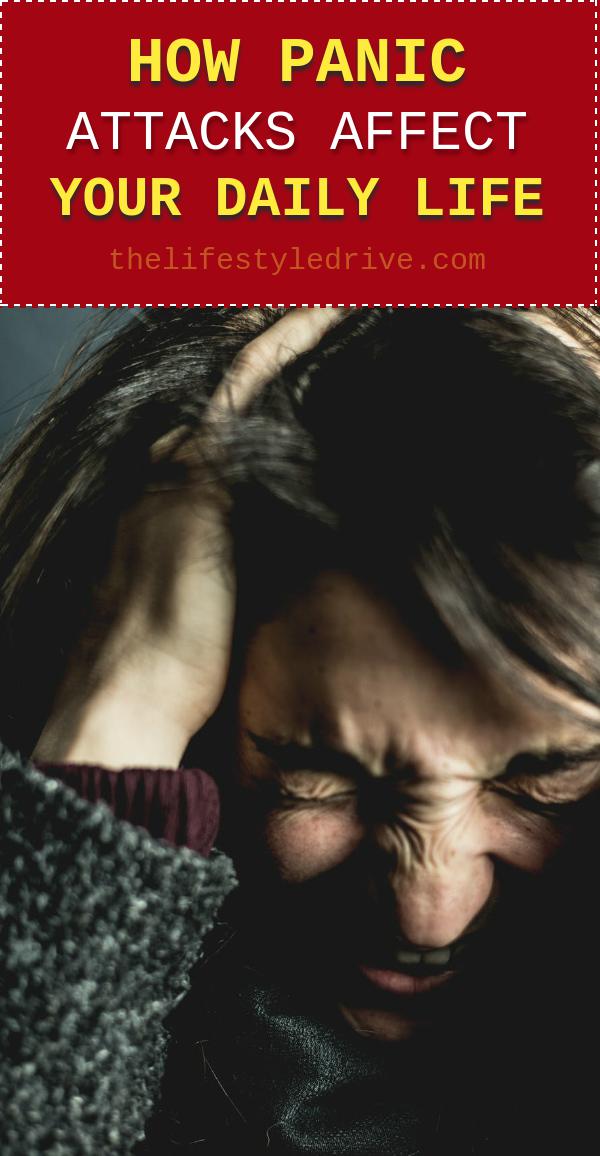Panic attacks are debilitating episodes of intense fear and anxiety that can have a huge effect on daily activities. This type of phobia is not unlike that experienced during a heart attack and can seriously limit your life if you don’t find some help and treatment to make your life back to normal. Fortunately, there are quite a few effective treatments for panic attacks and it is possible to completely overcome the disorder once you have had a chance to understand the causes and triggers.
Treating Panic Attacks
Contents
The first step to treating any type of anxiety disorder is first recognizing the symptoms so that you can recognize if you are suffering from an attack. It is important to understand that many people suffer attacks that appear very similar to those experienced by patients of other phobias such as agoraphobia. This is why it is imperative to talk to your doctor about these symptoms so that he or she can ensure that the problem you are having is in fact an anxiety disorder.
Panic Attacks
Some of the symptoms of severe attacks include shaking, nausea, dizziness, sweating, chills, blurred vision, chest pain, and increased heart rate. These are only a few of the symptoms of attacks, and there are others such as persistent thoughts of death and loss of control. If you feel that your attacks are becoming more frequent, more intense, or if they interfere with your ability to function daily, it is important to seek treatment and counseling.
There are many types of therapy available that can be helpful in treating panic attacks. Cognitive-behavioral therapy is a form of psychotherapy that helps patients understand their fears and learns to deal with them instead of suffering through the attack itself. If a person is able to identify the sources of their fear and learn how to manage them instead of letting them control them, they will reduce the frequency and intensity of the attack.
Group therapy is also beneficial in helping patients to overcome their fears of social situations because it teaches them to live in the moment, relax, and begin to learn social skills. If a patient feels that their social skills have been negatively affected, group therapy can help them relearn how to behave with others. The cognitive-behavioral model of therapy also works for patients who need medication to deal with their symptoms.
Many patients may find that it is very difficult to deal with the source of their anxiety disorder. There are many medications that will help with some of the symptoms, but there are times when a patient finds that they have an excessive amount of anxiety and will require stronger medication to help combat the problem. For example, a person who suffers from generalized anxiety disorder may find that they need stronger anti-anxiety medication to help them cope with the attack.
Symtoms of Panic Attacks
It is important to get the right drugs so that you can treat the problem without using more strong and potentially harmful medications. There are a number of different methods available for combating panic attacks. If you would like to explore these options, it is best to speak with your doctor who can give you a recommendation of the right anti-anxiety medication for you based on your medical history.
If you have tried all the other medications and nothing seems to work, then it may be time to consider surgery as a way to treat your panic attack. During the procedure, doctors can remove the portion of the brain that controls anxiety. This can prevent the panic attacks that are so common and the unwanted thoughts that cause them.
Certain types of medication are not recommended for patients who suffer from panic attacks. While medications that target anxiety can be helpful in relieving the symptoms of attacks, they should never be used as a long term solution for the problems that they are designed to solve. Patients should also avoid any type of drug that has a sedative or tranquilizer component to avoid the possibility of suffering from sleep deprivation.
Causes of Panic Attacks
Many of the available treatment options for panic attacks also have psychological components and are specifically designed to treat patients. If you suffer from this disorder, you should discuss this with your doctor to ensure that you are being treated for the problem and not just for the symptoms. Your doctor can help you find the type of treatment that is right for you.
Panic attacks are not fatal, but they can have a significant effect on your daily life. It is not something that you want to have to deal with every day, but if you have found that the attacks are frequent and causing you stress, you may need help and treatment. Here is what you can do.






